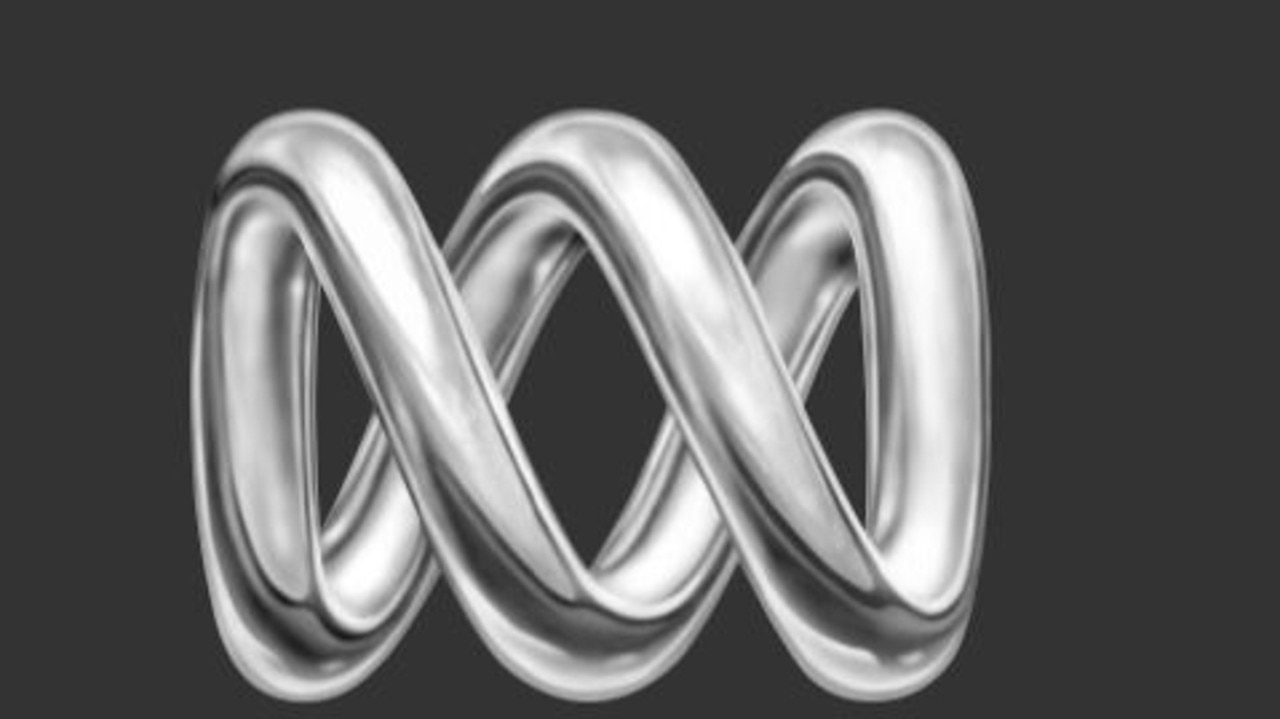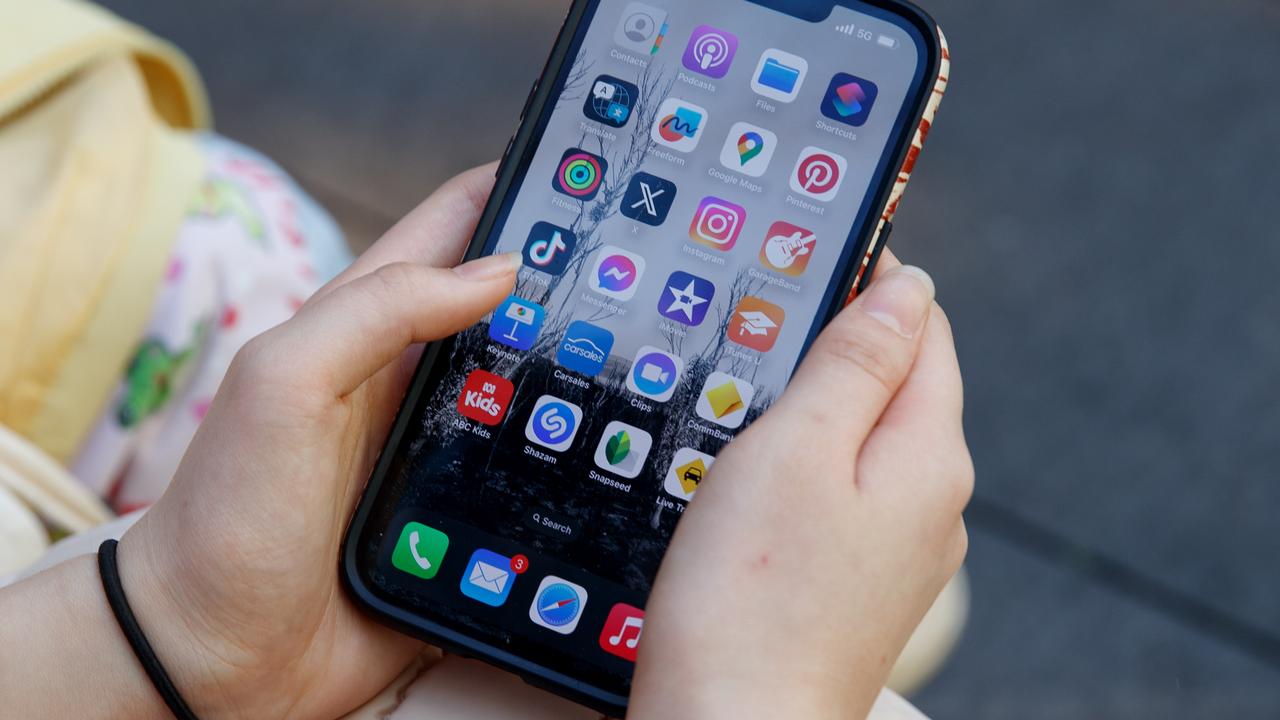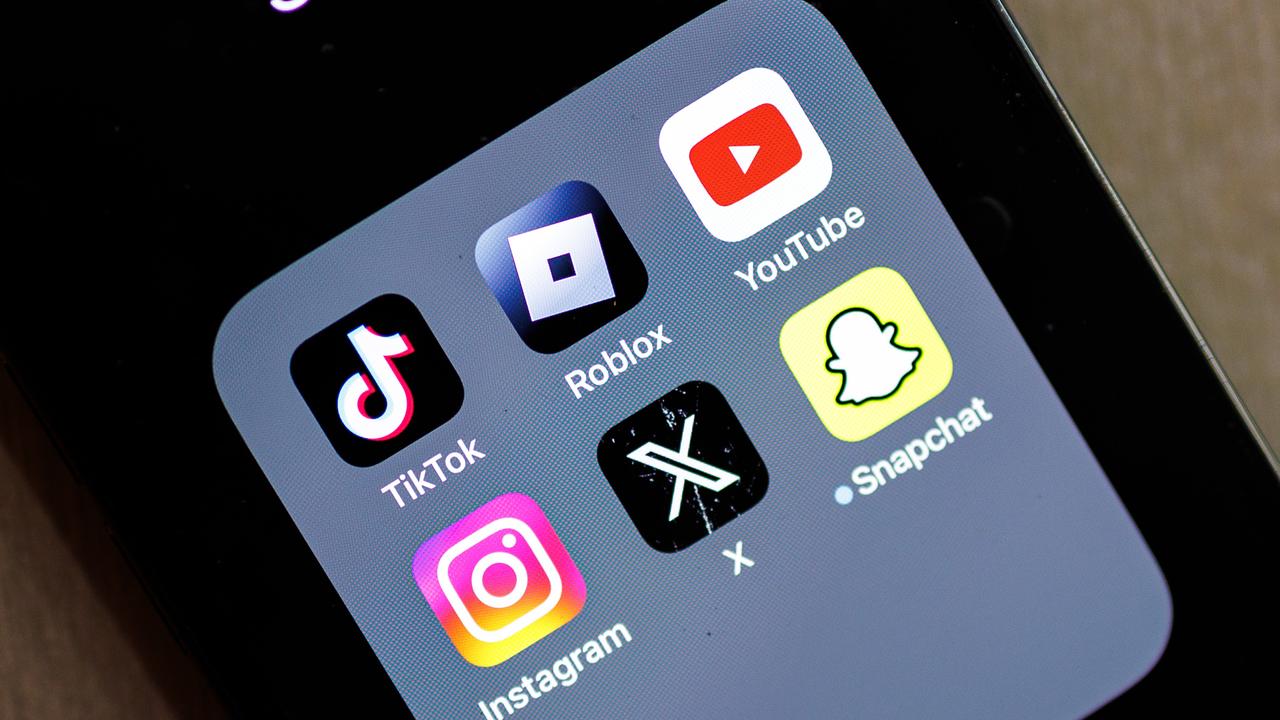Sisters in Law: Man sick of people sharing ‘racist and misogynistic’ posts on social media
A Brisbane man is sick of people posting insulting, racist and misogynistic posts on social media and seeing this common defence.
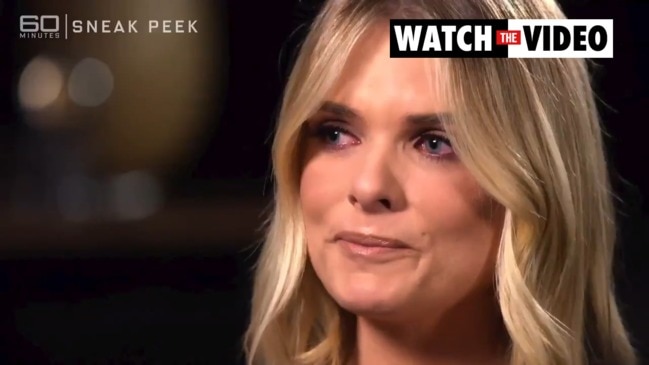
Welcome to Sisters In Law, news.com.au’s weekly column solving all of your legal problems. This week, our resident lawyers and real-life sisters Alison and Jillian Barrett from Maurice Blackburn reply to a man who wants to know if freedom of speech protects people from sharing racist and misogynistic things on social media.
Question:
Does Australia have so-called freedom of speech? I’ve noticed some people sharing terribly racist and misogynistic things on social media and also these types of things being said aloud by friends of friends, and every time I challenge it I’m met with the “freedom of speech” argument. But what is the law around saying what you like when you like in our country? I’m so sick of people thinking they have a right to insult people! – Jack, 32, Qld
RELATED: Bosses’ sneaky annual leave move

Answer:
We too have commonly heard people assert “free speech” when their opinion is being challenged or they are being called out for making offensive comments.
Australia does not have a specific law that protects our right to “freedom of speech”, and it certainly isn’t a defence to a comment or statement that may break our laws.
Australian laws are different from the United States where the First Amendment in the US Constitution specifically protects freedom of speech and expression.
Our constitution does not expressly guarantee freedom of speech.
Over the years, courts have made decisions that imply we have freedom of political speech in our Constitution.
This is important in a democracy like ours where we elect people to act on our behalf, as it means we can safely debate public issues and decisions of government.
RELATED: Aussie wife’s revenge on ‘lazy’ husband

However, freedom of political speech doesn’t give individuals personal rights. Instead, it protects us against governments making laws that restrict our freedom of political communication.
There are a number of international human rights treaties that Australia has signed and has agreed to be bound by that convey the right to freedom of opinion and expression.
However, the freedoms covered by these treaties are not enforceable in Australia as they are not incorporated into our law by legislation.
We in fact have a lot of laws that restrict free speech – some are in place to protect vulnerable people and to ensure they too can safely speak up.
These laws include things like defamation laws, sexual harassment laws, anti-discrimination laws and criminal laws against threatening and intimidating others.
When making laws like these that restrict free speech, the government is required to consider whether the restriction imposed is necessary to achieve the desired result and whether there are other ways the same result can be achieved.
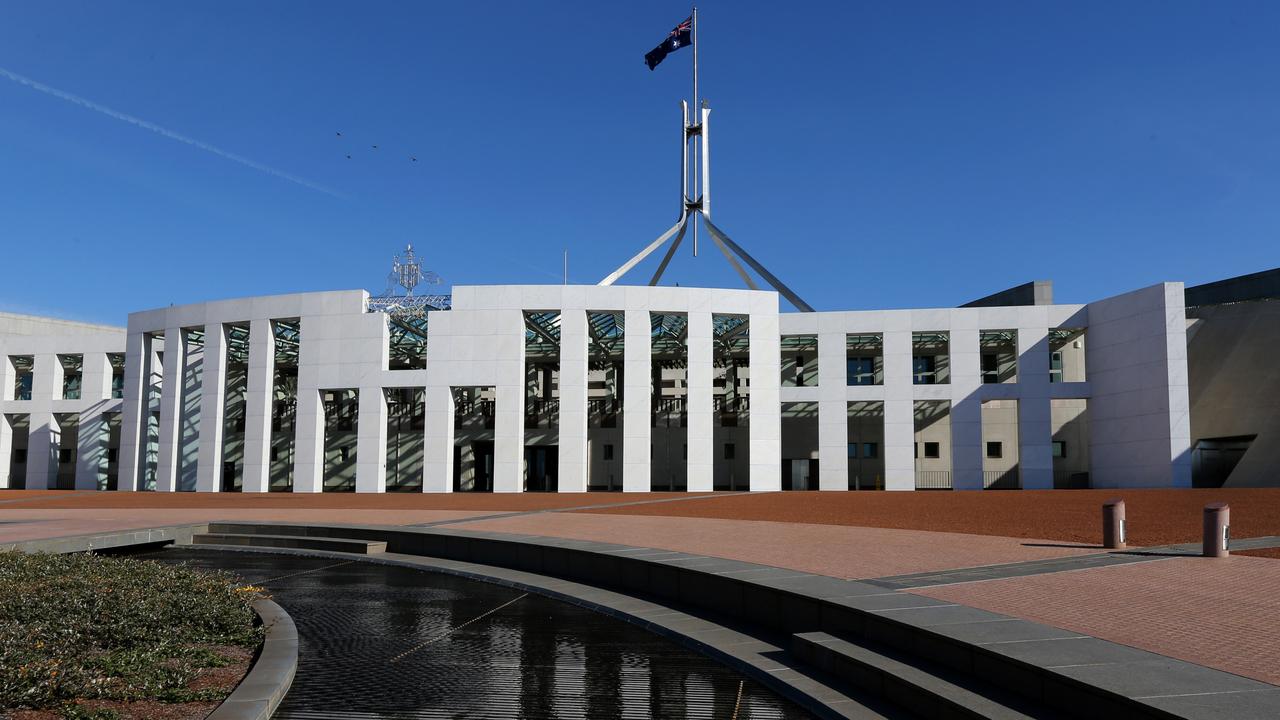
When the government doesn’t find the right balance, the legislation may end up before the courts for interpretation about its validity.
When it comes to social media, all platforms have policies that users need to abide by which aim to prevent offensive and derogatory comments. There are methods to make complaints about offending users which could lead to the platform banning them.
Posts, comments or content shared on social media could be against the law if they discriminate against, bully, harass or racially vilify a person.
The Australian Human Rights Commission investigates complaints about discrimination and breaches of human rights and is a good starting point if you are concerned about someone’s behaviour.
This legal information is general in nature and should not be regarded as specific legal advice or relied upon. Persons requiring particular legal advice should consult a solicitor.
If you have a legal question you would like Alison and Jillian to answer, please email stories@news.com.au
Get more from Alison and Jillian on their Facebook page

